As we age, our bodies will inevitably change. However, maintaining optimal health after retirement is possible at any age. This is especially important after retirement, as it allows us to enjoy a fulfilling and vibrant life. Ageless wellness is about taking care of our physical, mental, and emotional well-being to ensure that we can make the most of our golden years.
Retirement is often seen as a time to relax and take it easy, but it is crucial to prioritize our health during this stage of life. By making conscious choices to maintain our well-being, we can continue to lead active and fulfilling lives well into our senior years. This article will explore various aspects of ageless wellness and provide tips and strategies for seniors to stay healthy and happy in retirement.
Contents
- 1 Key Takeaways
- 2 Fitness Routines for Retirees: Exercise Tips to Keep Your Body Moving
- 3 Nutrition for Seniors: Eating Well for a Healthy and Happy Retirement
- 4 Mental Health in Retirement: Strategies for Staying Sharp and Focused
- 5 Wellness Strategies for the Elderly: Tips for Living a Fulfilling and Vibrant Life
- 6 The Benefits of Yoga for Retirees: Mind-Body Practices for Optimal Health
- 7 Cardiovascular Exercise for Seniors: Keeping Your Heart Healthy and Strong
- 8 Strength Training for Retirees: Building Muscle and Bone Density for Better Health
- 9 Mindfulness and Meditation for Seniors: Techniques for Reducing Stress and Anxiety
- 10 Social Connections and Community Involvement: The Importance of Staying Connected in Retirement
- 11 FAQs On Maintaining Optimal Health After Retirement
- 11.1 What is retirement?
- 11.2 Why is maintaining optimal health after retirement important?
- 11.3 What are some common health issues that retirees face?
- 11.4 What are some ways to maintain physical health after retirement?
- 11.5 What are some ways to maintain mental health after retirement?
- 11.6 How can retirees stay socially active?
- 11.7 What are some financial considerations for maintaining health after retirement?
Key Takeaways
- Maintaining optimal health after retirement is crucial for ageless wellness.
- Exercise tips can help retirees keep their bodies moving and stay fit.
- Eating well is important for seniors to maintain a healthy and happy retirement.
- Strategies for staying sharp and focused can help with mental health in retirement.
- Living a fulfilling and vibrant life is possible with wellness strategies for the elderly.
Fitness Routines for Retirees: Exercise Tips to Keep Your Body Moving

Exercise is essential for people of all ages, but it becomes even more crucial as we get older. Regular physical activity can help seniors maintain their strength, flexibility, and balance, reducing the risk of falls and injuries. It also improves cardiovascular health, boosts mood, and enhances overall well-being.
For seniors, low-impact exercises are often recommended to minimize stress on joints and reduce the risk of injury. Walking is an excellent form of exercise that can be easily incorporated into daily routines. Swimming and water aerobics are also great options as they provide resistance without putting strain on the joints.
In addition to low-impact exercises, it is important for seniors to incorporate strength training and cardio into their fitness routines. Strength training helps build muscle mass and bone density, which can help prevent osteoporosis and maintain overall strength. Cardiovascular exercises such as cycling or using an elliptical machine can improve heart health and increase stamina.
Nutrition for Seniors: Eating Well for a Healthy and Happy Retirement

A balanced diet is crucial for seniors to maintain optimal health and well-being. As we age, our bodies require fewer calories, but it is important to ensure that the calories we consume are nutrient-dense. This means focusing on foods that are rich in vitamins, minerals, and antioxidants.
Seniors should aim to include a variety of fruits, vegetables, whole grains, lean proteins, and healthy fats in their diet. These foods provide essential nutrients that support overall health and help prevent chronic diseases such as heart disease, diabetes, and certain types of cancer.
Meal planning and preparation can be helpful for seniors to ensure they are getting the nutrients they need. This involves planning meals in advance, making a grocery list, and preparing meals in batches to have healthy options readily available. It is also important to stay hydrated by drinking plenty of water throughout the day.
Mental Health in Retirement: Strategies for Staying Sharp and Focused
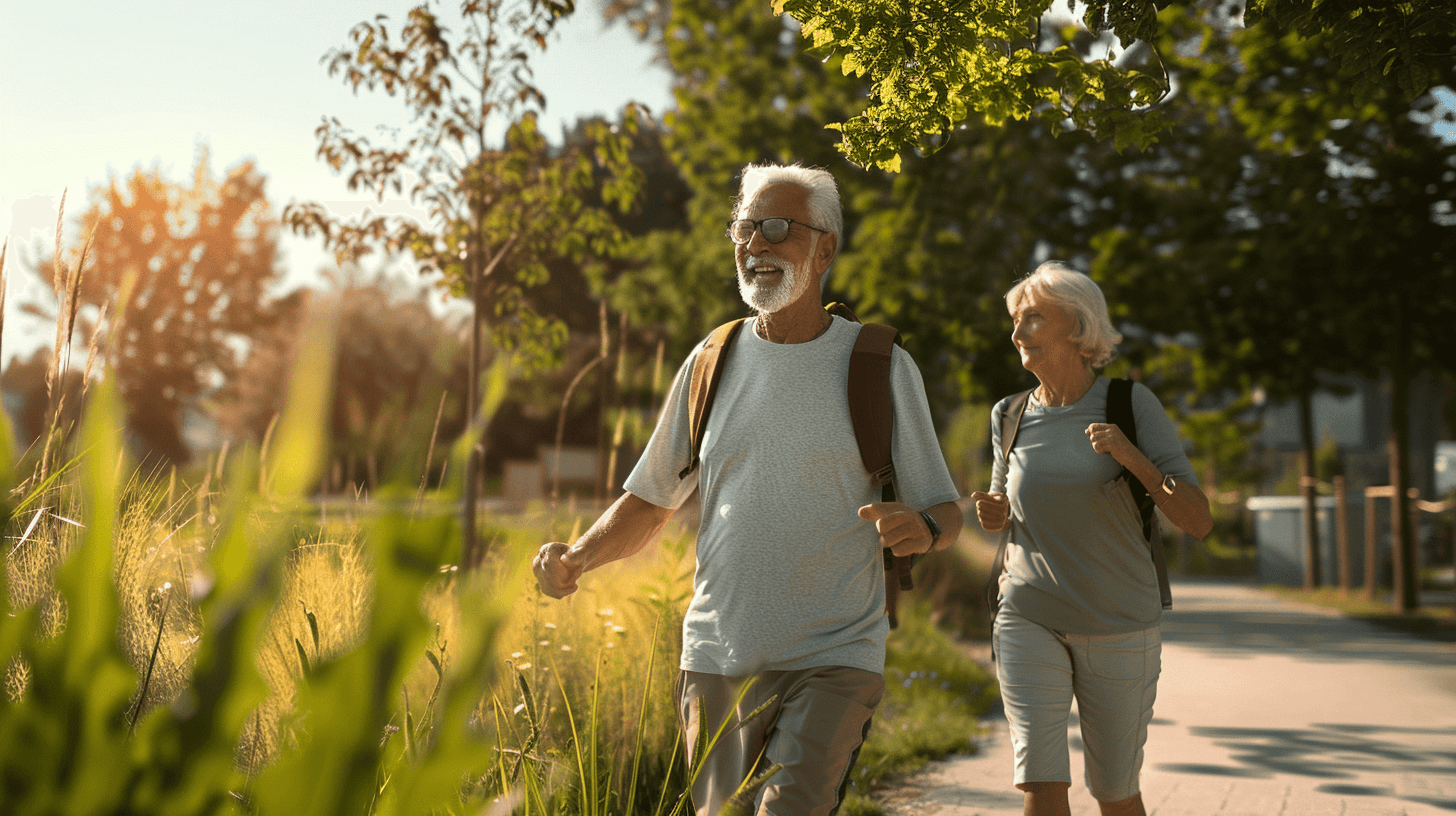
| Topic | Metric |
|---|---|
| Prevalence of Mental Health Issues in Retirement | 1 in 5 adults over 65 experience a mental health concern |
| Impact of Social Isolation on Mental Health | Loneliness and social isolation can increase risk of depression and cognitive decline |
| Benefits of Physical Exercise on Mental Health | Regular exercise can improve mood, reduce stress and anxiety, and enhance cognitive function |
| Importance of Social Support Networks | Having a strong social support network can improve mental health and overall well-being |
| Role of Cognitive Stimulation in Maintaining Mental Sharpness | Engaging in mentally stimulating activities, such as reading, puzzles, and learning new skills, can help maintain cognitive function in retirement |
Maintaining good mental health is just as important as physical health in retirement. Engaging in activities that challenge the brain can help keep it sharp and focused. This can include puzzles, reading, learning a new skill or language, or playing memory games.
Reducing stress and anxiety is also crucial for mental well-being. Seniors can practice relaxation techniques such as deep breathing exercises or meditation to help calm the mind. Engaging in activities that bring joy and relaxation, such as spending time in nature or pursuing hobbies, can also help reduce stress levels.
It is important for seniors to prioritize self-care and make time for activities that promote mental well-being. This can include practicing mindfulness, engaging in creative pursuits such as painting or writing, or simply taking time to relax and unwind.
Wellness Strategies for the Elderly: Tips for Living a Fulfilling and Vibrant Life
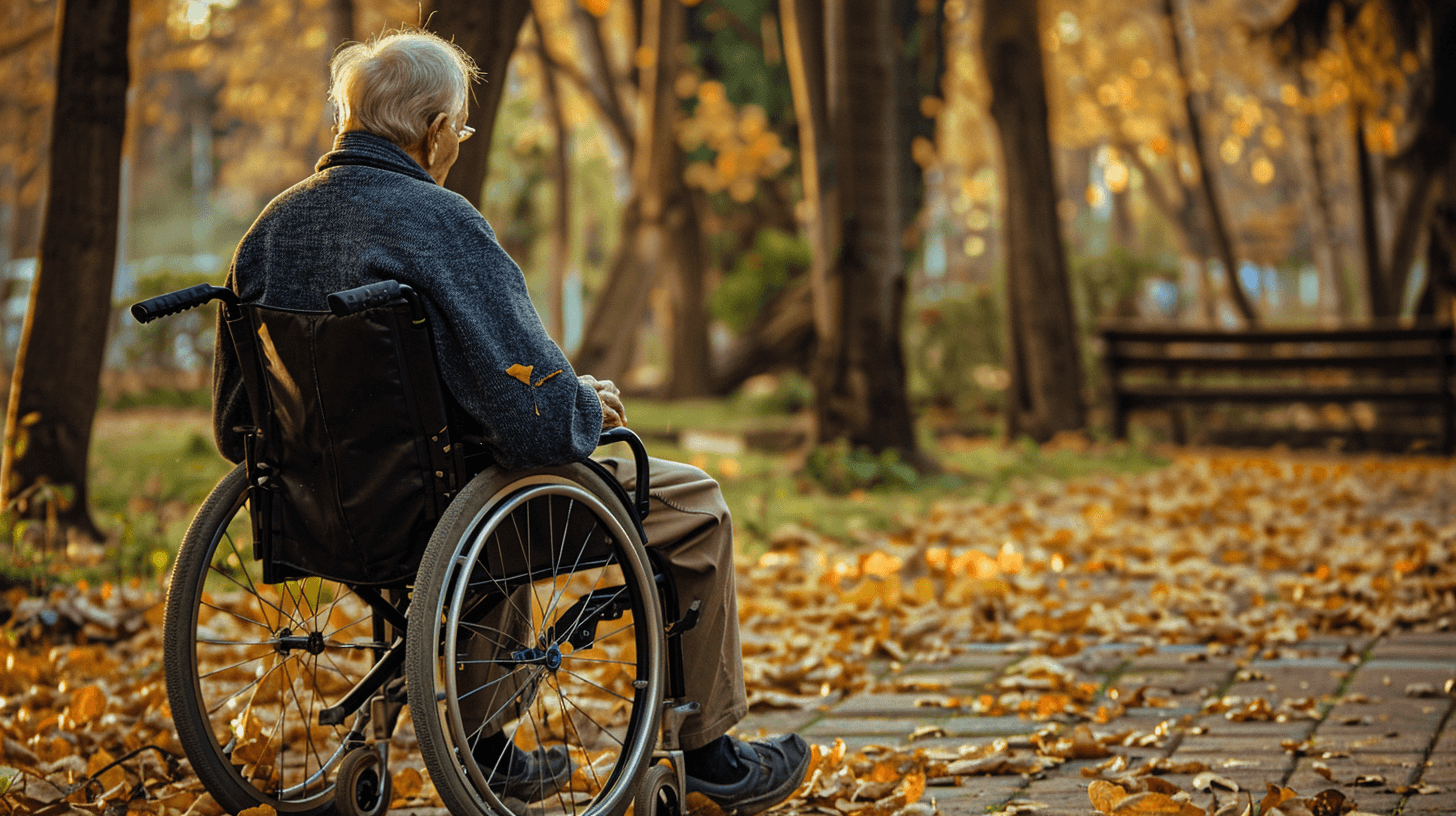
Holistic wellness is about taking care of all aspects of our well-being – physical, mental, and emotional. For seniors, incorporating mindfulness and self-care into their daily routines can help promote overall wellness.
Mindfulness involves being fully present in the moment and paying attention to one’s thoughts, feelings, and sensations without judgment. Seniors can practice mindfulness by engaging in activities such as meditation, yoga, or simply taking a few moments each day to focus on their breath.
Self-care is about taking time to nurture oneself and prioritize personal well-being. This can include activities such as taking a relaxing bath, getting a massage, or spending time doing something enjoyable. It is important for seniors to make self-care a priority and not feel guilty about taking time for themselves.
Finding purpose and meaning in retirement is also crucial for overall wellness. Seniors can explore volunteer opportunities, join clubs or organizations that align with their interests, or pursue hobbies and passions that bring them joy. Having a sense of purpose can provide a sense of fulfillment and contribute to overall well-being.
The Benefits of Yoga for Retirees: Mind-Body Practices for Optimal Health
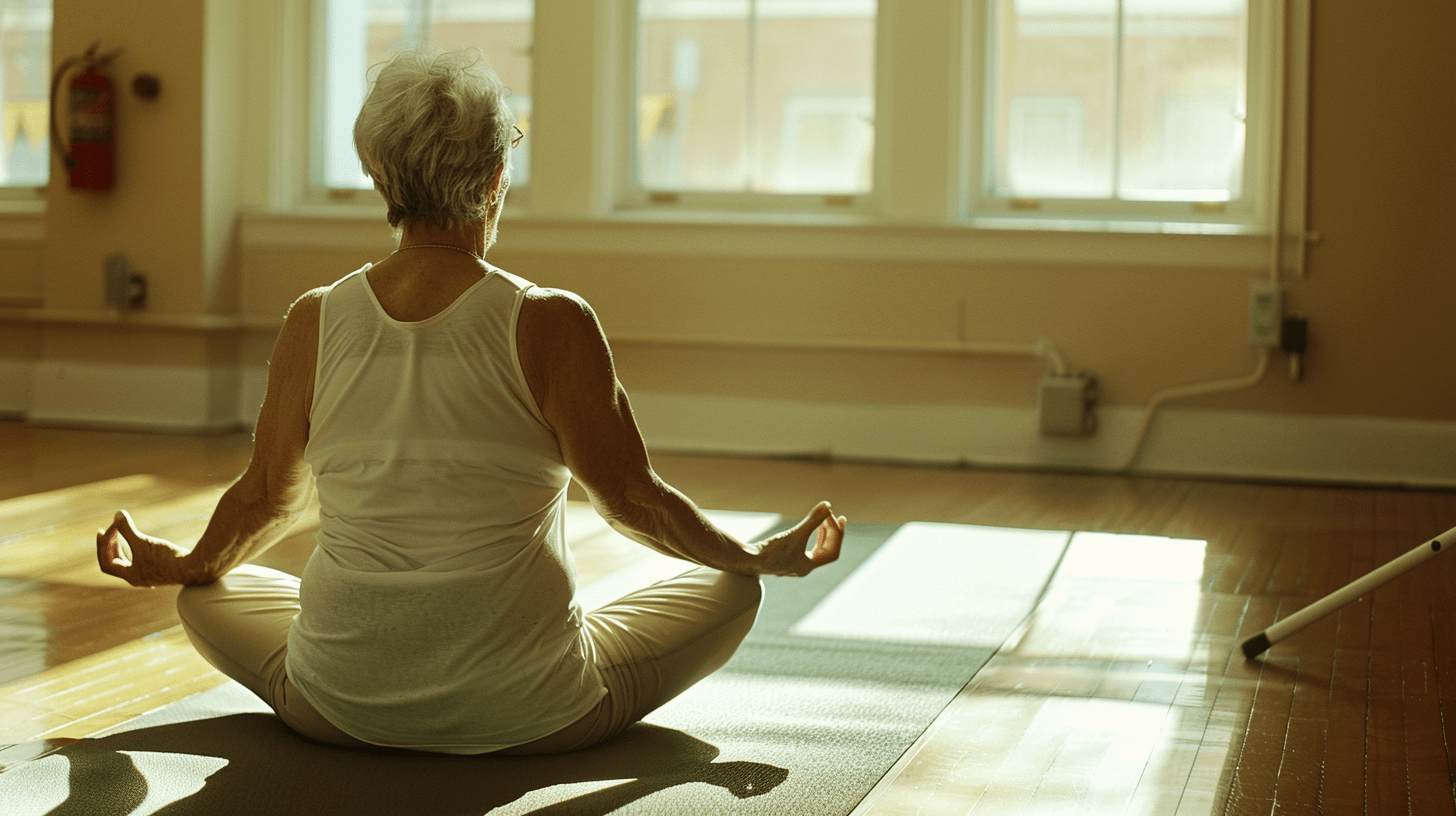
Yoga is an excellent form of exercise for seniors as it combines physical movement with mindfulness and breath awareness. It can help improve flexibility, balance, strength, and overall well-being.
Gentle yoga poses are recommended for seniors to ensure safety and minimize strain on joints. These poses focus on stretching and strengthening the body while promoting relaxation and stress reduction. Some examples of gentle yoga poses for seniors include seated forward fold, cat-cow stretch, and standing tree pose.
Incorporating yoga into a fitness routine can provide numerous benefits for seniors. It can help improve posture, reduce pain and stiffness in the body, increase energy levels, and promote better sleep. Yoga also provides an opportunity for seniors to connect with their bodies and cultivate a sense of inner peace and calm.
Cardiovascular Exercise for Seniors: Keeping Your Heart Healthy and Strong
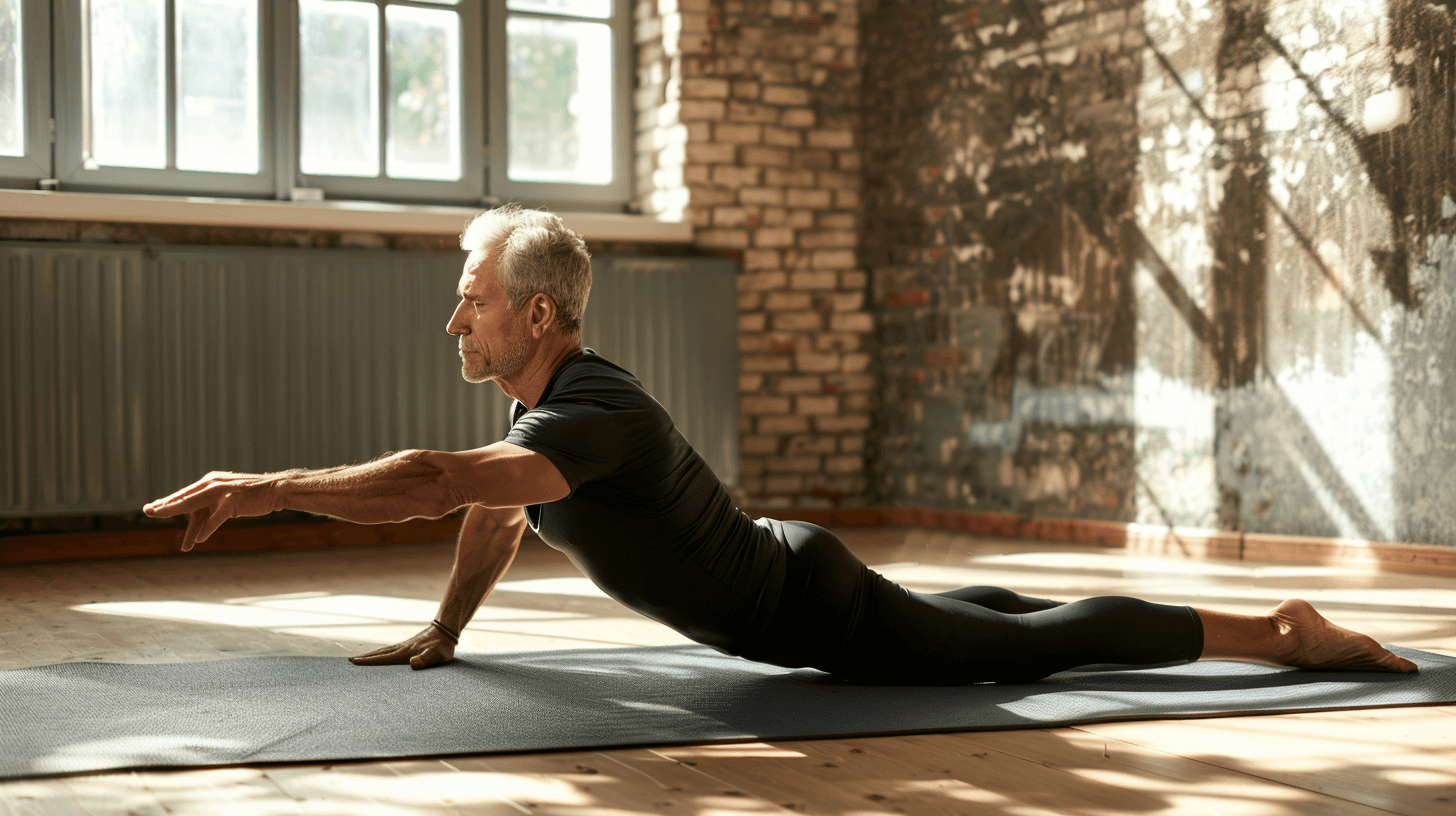
Cardiovascular exercise is crucial for seniors to maintain heart health and overall fitness. It helps improve circulation, strengthen the heart muscle, and increase endurance.
Low-impact cardio exercises are recommended for seniors to minimize stress on joints and reduce the risk of injury. Walking, swimming, cycling, and using an elliptical machine are all excellent options. Seniors should aim for at least 150 minutes of moderate-intensity aerobic activity per week, or 75 minutes of vigorous-intensity activity.
Staying motivated to exercise can be challenging, but there are strategies that can help. Setting realistic goals, finding an exercise buddy or joining a group class, and varying the types of exercises can all help keep seniors motivated and engaged. It is also important to listen to the body and make modifications as needed to prevent injury.
Strength Training for Retirees: Building Muscle and Bone Density for Better Health
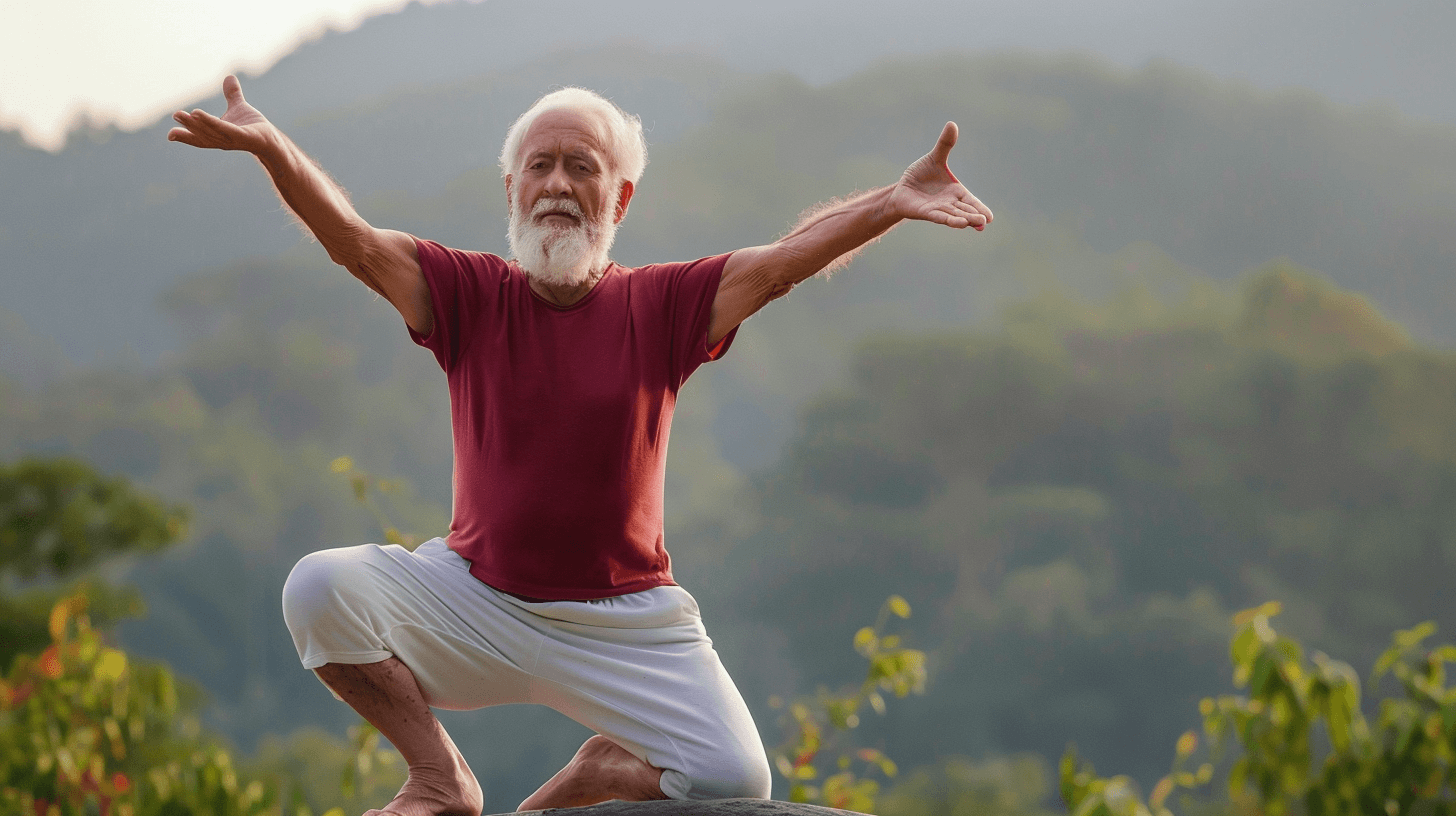
Strength training is essential for seniors to maintain muscle mass and bone density, which naturally decline with age. It helps prevent muscle loss, improve balance and stability, and reduce the risk of falls and fractures.
Low-impact strength training exercises are recommended for seniors to ensure safety and minimize strain on joints. These exercises can include bodyweight exercises such as squats, lunges, and push-ups, as well as using resistance bands or light weights.
Building muscle and bone density in retirement provides numerous benefits. It can help improve overall strength and mobility, increase metabolism, and enhance quality of life. Strength training also promotes healthy aging by reducing the risk of chronic diseases such as osteoporosis, diabetes, and heart disease.
Mindfulness and Meditation for Seniors: Techniques for Reducing Stress and Anxiety
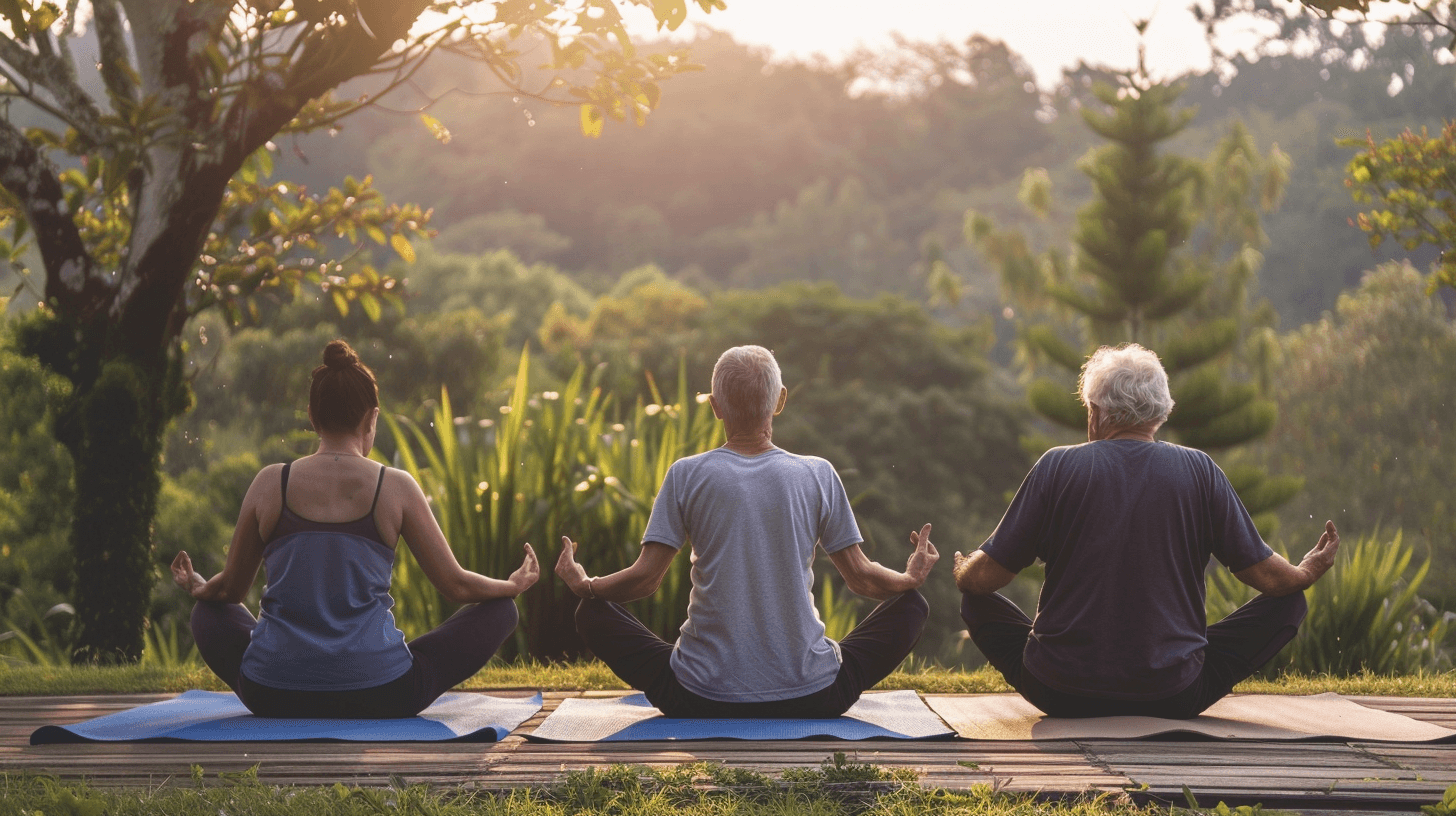
Mindfulness and meditation are powerful tools for reducing stress and anxiety in seniors. They involve focusing attention on the present moment and cultivating a sense of calm and relaxation.
Simple mindfulness techniques can be practiced by seniors throughout the day. This can include taking a few moments to focus on the breath, paying attention to sensations in the body, or practicing gratitude. Meditation involves setting aside dedicated time to sit quietly and focus on the breath or a specific object of attention.
Incorporating mindfulness and meditation into daily routines can help seniors reduce stress levels, improve sleep quality, and enhance overall well-being. These practices can also help cultivate a sense of inner peace and contentment, even in the face of life’s challenges.
Social Connections and Community Involvement: The Importance of Staying Connected in Retirement
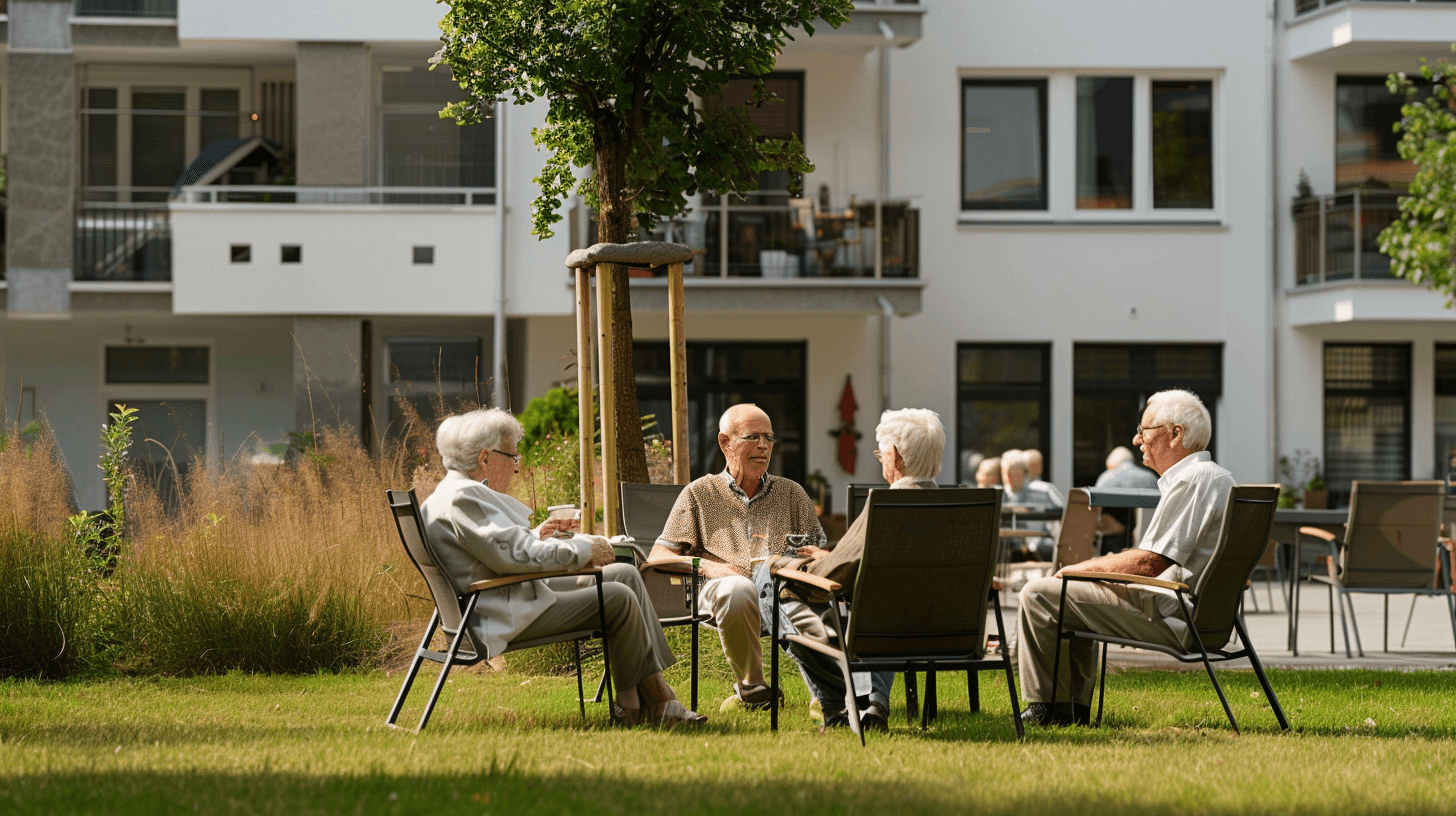
Social connections are crucial for seniors to maintain a sense of belonging and overall well-being. Staying connected with friends and family can help reduce feelings of loneliness and isolation, which can have negative effects on physical and mental health.
Seniors can stay connected with loved ones by scheduling regular phone calls or video chats, planning social outings or gatherings, or joining clubs or organizations that align with their interests. It is important for seniors to make an effort to nurture their relationships and reach out for support when needed.
Community involvement and volunteer opportunities are also excellent ways for seniors to stay connected and contribute to their communities. This can include volunteering at local organizations, participating in community events or projects, or joining senior centers or clubs. Engaging in meaningful activities that give back to others can provide a sense of purpose and fulfillment in retirement.
In conclusion, ageless wellness is about prioritizing our health and well-being as we age. By incorporating regular exercise, maintaining a balanced diet, prioritizing mental health, practicing mindfulness and self-care, and staying connected with others, seniors can enjoy a fulfilling and vibrant life in retirement. It is never too late to start taking care of ourselves and making choices that support our overall well-being. With the right strategies and mindset, we can age gracefully and live our best lives at any age.
If you’re looking for tips on maintaining your health after retirement, you might find this article on managing chronic conditions in retirement helpful. It provides valuable insights and strategies for staying healthy and managing any ongoing health issues that may arise during this phase of life. Check it out here.
Additionally, if you’re interested in staying updated on Social Security updates and how they may impact your retirement, this article provides useful information to keep you informed. You can read it here. Lastly, if you’re concerned about repairing a 401k hit and want to learn effective strategies to bounce back financially, this article offers practical advice to help you navigate this situation. Find it here.
FAQs On Maintaining Optimal Health After Retirement
What is retirement?
Retirement is the phase of life when a person stops working and withdraws from the workforce.
Why is maintaining optimal health after retirement important?
Maintaining health after retirement is important because it helps to ensure a good quality of life, reduces the risk of chronic diseases, and enables individuals to remain independent and active.
What are some common health issues that retirees face?
Some common health issues that retirees face include arthritis, heart disease, diabetes, high blood pressure, and depression.
What are some ways to maintain physical health after retirement?
Some ways to maintain physical health after retirement include engaging in regular exercise, eating a healthy diet, getting enough sleep, and avoiding smoking and excessive alcohol consumption.
What are some ways to maintain mental health after retirement?
Some ways to maintain mental health after retirement include staying socially active, pursuing hobbies and interests, volunteering, and seeking professional help if needed.
How can retirees stay socially active?
Retirees can stay socially active by joining clubs or organizations, attending community events, volunteering, and staying in touch with friends and family.
What are some financial considerations for maintaining health after retirement?
Some financial considerations for maintaining health after retirement include budgeting for healthcare expenses, purchasing long-term care insurance, and planning for unexpected medical costs.






































